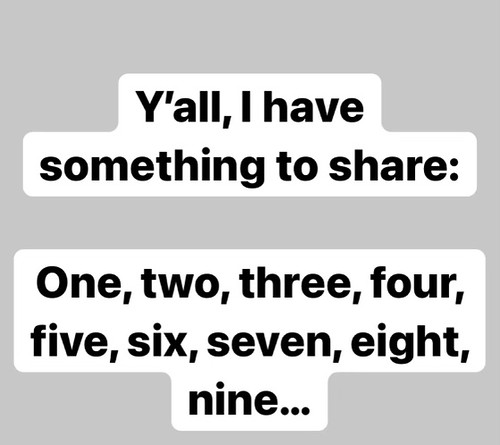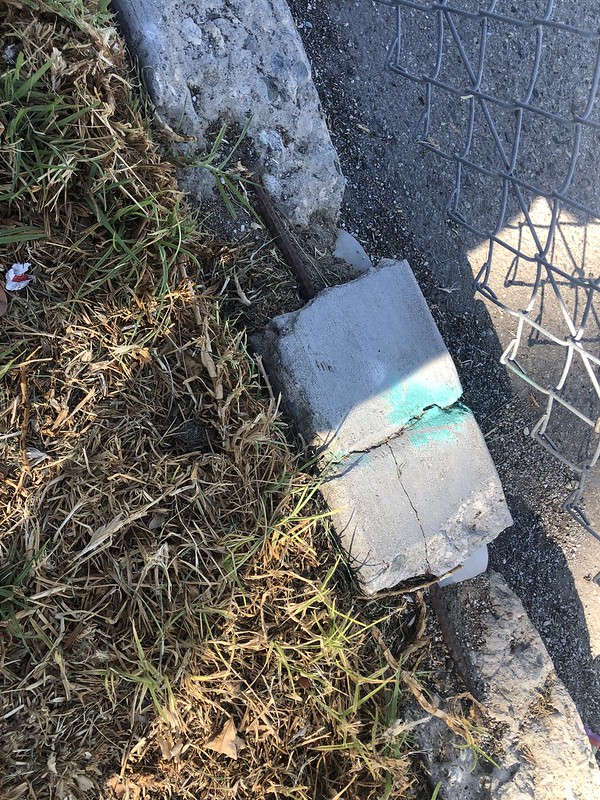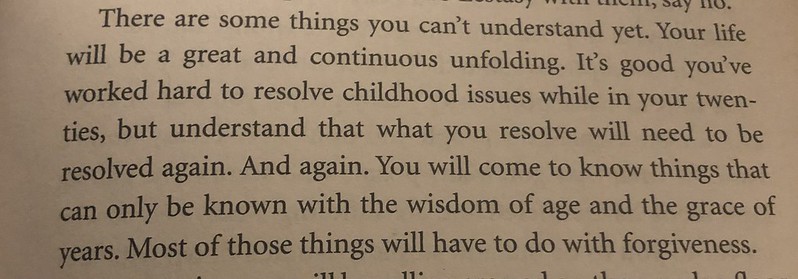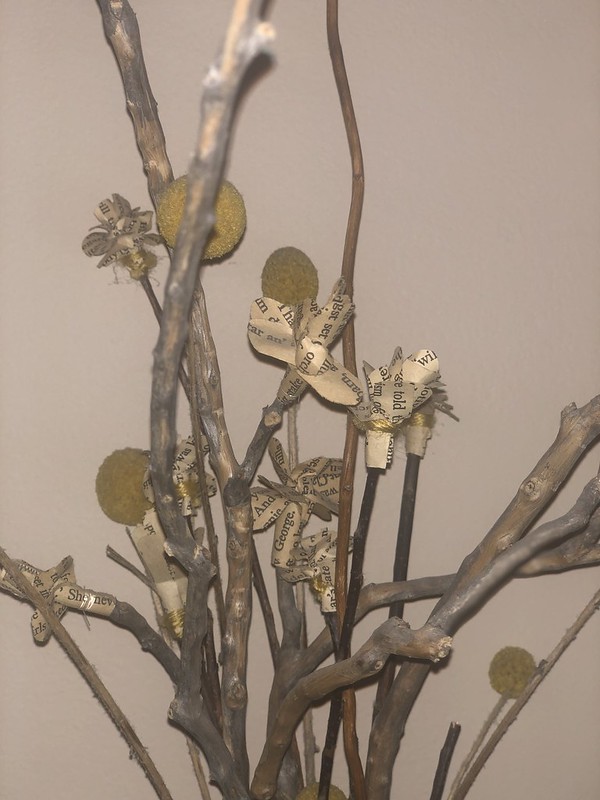

As I recently posted to various social media accounts – I’ve earned tenure and promotion to associate professor here in the Graduate School of Education at Stanford.
I’m humbled, relieved, and grateful to get to continue the work that I do. This process is often one of summing up the various ways one’s labor deserves merit from peers and elders in the academic community; it’s egalitarian and not always fair. I recognize how much privilege I am afforded in this position and I don’t take the resources here for granted.
As I noted on my statement I submitted for tenure, the work I’ve been doing has always been about acknowledging the brilliance of young people and about supporting a teaching profession beleaguered in an era of high stakes accountability:
By engaging the brilliance of historically marginalized youth of color, I outline the fundamental role of play, civics, and literacies in ensuring young people are prepared to contribute meaningfully to society. Through this research, I am simultaneously concerned with both honoring young people’s ingenuity and creativity in different civic spaces and in supporting teacher classroom practice to do the same.
I submitted my materials about half a year into a global pandemic. I felt, like many of you, like my social world shrank during this period. There was a smaller number of people I leaned on throughout this pandemic/tenure process and I realize I asked a lot from you all. I want to recognize a handful of folks who helped lift up the work that I do during this period (there are many, many more people who I will be reaching out to, but these are folks who helped me get through the past year and a half of pandemic tenure-ing):
Ernest Morrell and Kris Gutierrez have been constant mentors for me throughout my career and their guidance and wisdom continued to be essential, even as I sheltered in place miles away from both of them.
Nicole Mirra has been a writing and thinking partner who continually pushes my thinking. Her willingness to push with me on the fussy boundaries of various academic disciplines has been some of the most exciting work I’ve gotten to do lately. Particularly as I’ve been figuring out dad-ing over the past two years, my time has been uneven to say the least. Nicole’s been supportive and collaborative even when I have fumbled parts of our projects.
The constant prattling of a never-to-be-named GSE group chat and the non-stop shit-talking of Dehanza Rogers and Chris Gutierrez also helped lift me up during this period.
There are a lot of labels that get associated with advisees here at Stanford and I couldn’t care less about them. Primary, secondary, unofficial, at a different institution: if you have been an advisee that I’ve worked with, I am so grateful for getting as much if not more out of learning alongside you in the seemingly labyrinthine world of academia. Thanks for being patient with my follow-up sometimes and for letting me continually try to inject silly metaphors and wordplay into our manuscripts.
Finally, I am still trying to process the ways the pandemic has impacted me. At the very least, I know it’s challenged how I think about what family means and how I understand the stakes of the work I try to do. I have not always brought my fullest self to all parts of family life in this messy time of social distancing and I’m grateful to family and friends that supported us when it was safe to do so.
I am particularly grateful for A.’s support for our family. A tempo of regularity, consistency, and love could be felt throughout our household during this period and my kids are only the better for it. Thank you.
Absolutely none of my work would have been possible without my partner, Ally, and her continuous questioning, cheerleading, and unwavering support for what I get to do. There is an immense amount of privilege in getting to be selfish with my work time and I am only too aware of how much Ally has gone out of her way to let me sit deeply in weird projects and hard problems. She challenges my thinking and reminds me of the aspects of the world that are far bigger than the demons of peer review and academic publishing. She’s also an amazing, amazing mother and the person I learn the most from on a daily (if not hourly!) basis. I love you.
All of my research moving forward is dedicated to making schooling and society a freer and safer world for my daughters, Joey and Stella. They are the greatest inspiration for the work that I do (and my harshest critics). My work demands nothing less than the construction of a world that allows them to live in complete happiness. Thank you for instigating the questions I am studying.
Tell people this is awesome:





